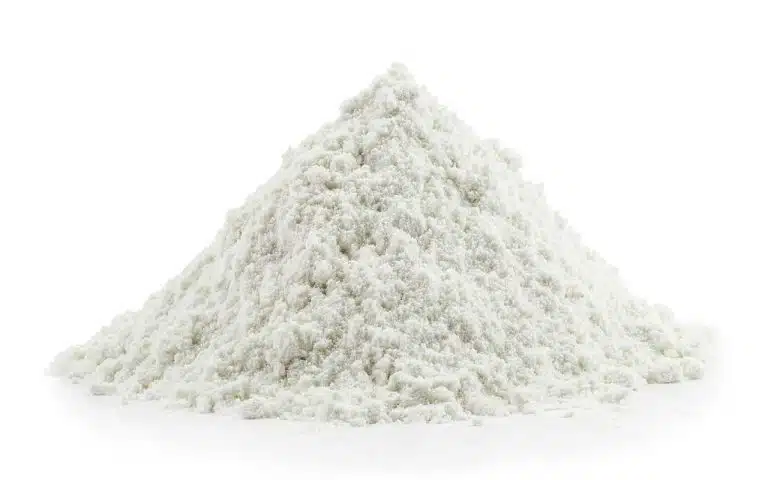Cocaine is a highly addictive stimulant drug made from the coca leaf that can be eaten or taken orally. It’s an illicit drug available in powder, liquid, and rock (crack cocaine) forms.
People may eat cocaine as an alternative to snorting, smoking, or injecting. Some may also rub cocaine along the gums for its numbing and intoxicating effects. Individuals who eat cocaine are at risk for cardiovascular issues, seizures, and overdose.
Eating Cocaine
When cocaine users eat cocaine, they are taking it orally by rubbing the drug along their gums or by swallowing the drug. Many will rub cocaine around their gums to test the quality of the product. The more numb the feeling, the higher the purity of cocaine.
Any method of cocaine use can cause feelings of intense energy due to the effects it has on the cardiovascular system and euphoria due to how it affects the brain.
The drug triggers a release of the hormones dopamine and norepinephrine, which are responsible for the euphoric feeling. However, this release of hormones can also lead to mental health problems and further cravings for cocaine.
Can You Eat Crack?
Technically, you can eat crack cocaine but it may have little effect. Crack cocaine is heated and then smoked or injected, not taken orally or eaten. When eaten, it has the same effects as when powder cocaine is taken orally.
Effects Of Eating Cocaine
The effects of cocaine are intense and short-lived, regardless of the method of consumption. Those who eat cocaine are at risk for health problems that can include:
- heart attack
- high blood pressure
- respiratory illnesses
- euphoric feeling or “high”
- anxiety
- poor decision-making
- lack of self-awareness
- irritability
- panic
- paranoia
- tremors
- dizziness
- increased energy and alertness
- restlessness
- sweating
- coma
These side effects can be even more pronounced when cocaine is used with other substances like cannabis or medications like opioids, amphetamines, or antidepressants.
Signs Of Cocaine Abuse
Eating cocaine is less likely to show the common signs of cocaine abuse, like nosebleeds or a runny nose. There won’t be any powder around the nose of someone who takes it orally. They also may not have any paraphernalia around since they are simply rubbing it on their gums.
However, someone who eats cocaine is likely to snort, smoke, or inject the drug as well.
Long-term signs of cocaine abuse may include:
- weight loss
- mood swings
- social isolation
- risky behaviors
- dilated pupils
- excitability
- plastic bags around their space
- deterioration of hygiene habits
Risk Of Cocaine Overdose
Eating cocaine takes longer to reach the brain because it must be digested. The effects may gradually occur, which could prompt you to take more than you mean to and accidentally overdose.
If someone is on another drug like an opioid, the chance of overdose is even greater due to how the drugs interact with each other.
The signs of a cocaine overdose may include:
- high blood pressure
- high body temperature
- confusion
- nausea
- vomiting
- tremors
- anxiety
- paranoia
- agitated movements and restlessness
- teeth grinding and chattering
- unremitting energy
- sudden death
If you or a loved one experiences any of these issues, you need to contact a healthcare provider or call 911 immediately.
Cocaine Addiction Treatment
There is never a wrong time to look into treatment options for cocaine abuse. Contact our helpline today to find which substance abuse treatment is best for you or your loved one.
Written by Ark Behavioral Health Editorial Team
©2024 Ark National Holdings, LLC. | All Rights Reserved.
This page does not provide medical advice.
Addiction Science & Clinical Practice - The Neurobiology of Cocaine Addiction
Drug Enforcement Administration (DEA) - Cocaine
National Institute of Drug Abuse - Cocaine DrugFacts
National Library Of Medicine: MedlinePlus - Cocaine

Questions About Treatment?
Ark Behavioral Health offers 100% confidential substance abuse assessment and treatment placement tailored to your individual needs. Achieve long-term recovery.
100% confidential. We respect your privacy.
Prefer Texting?
Our friendly support team is here to chat 24/7. Opt out any time.








 Learn More
Learn More








